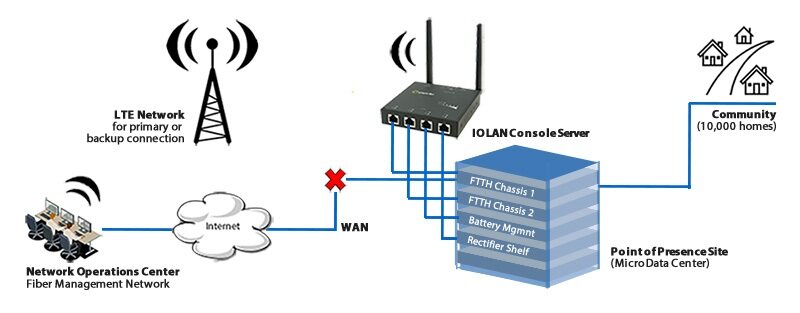
Broadband market growing at steady pace
By Max BurkhalterFebruary 12, 2013
Consumer networking demands are shifting as more households feature mobile device users, are streaming high-definition video on a regular basis and participating in online video game activities. According to a recent study from ABI Research, growing demand for advanced broadband services will lead to greater demand for fixed broadband solutions in the next few years.
Evaluating the global fixed broadband market
If you look around at new FTTH projects and similar high-end network installations, you will probably notice a fairly mixed market around the world, where some regions seem to be embracing the technologies while others cling to older broadband options. While this may remain the case when it comes to new network installations, consumers are beginning to demand broadband functionality. The study found that the global market for fixed broadband services will increase by approximately 7 percent year over year in 2012. This expansion will contribute to annual service revenues by approximately $188 billion. By 2018, that figure will climb to $251 billion.
According to the news source, much of the market expansion in 2012 can be attributed to more households subscribing to fiber-optic network services. As a result, the market segment experienced a 24 percent year-over-year revenue increase. By 2018, the market for optical network services will make up approximately one-third of the fixed broadband market's revenues.
While the global market for fixed broadband services is rising, you may soon see some new business models emerging in the sector. These could become necessary to deal with the declining annual revenue per user (ARPU) rating of telecom services. The study found that many industry factors are contributing to declining ARPU statistics despite general industry growth. Jake Saunders, vice president and practice director of core forecasting at ABI Research said ARPU will probably continue declining for fixed telecom services.
"The [falling ARPU] trend is expected to endure as the majority of operators are trying to offer lower prices to capture a larger market share," said Saunders.
Importance of efficient network installation
The declining ARPU situation creates an environment in which revenue sustainability may depend on being able to efficiently install high-performance networks to minimize capital costs and make the most of service revenues. Fiber to Ethernet media converters can play a prominent role in making this happen because they enable interoperability in FTTH networks. As a result, telecoms can solve many FTTH compatibility problems and streamline installation to minimize spending.
Perle has an extensive range of Managed and Unmanaged Fiber Media Converters to extended copper-based Ethernet equipment over a fiber optic link, multimode to multimode and multimode to single mode fiber up to 160km.



